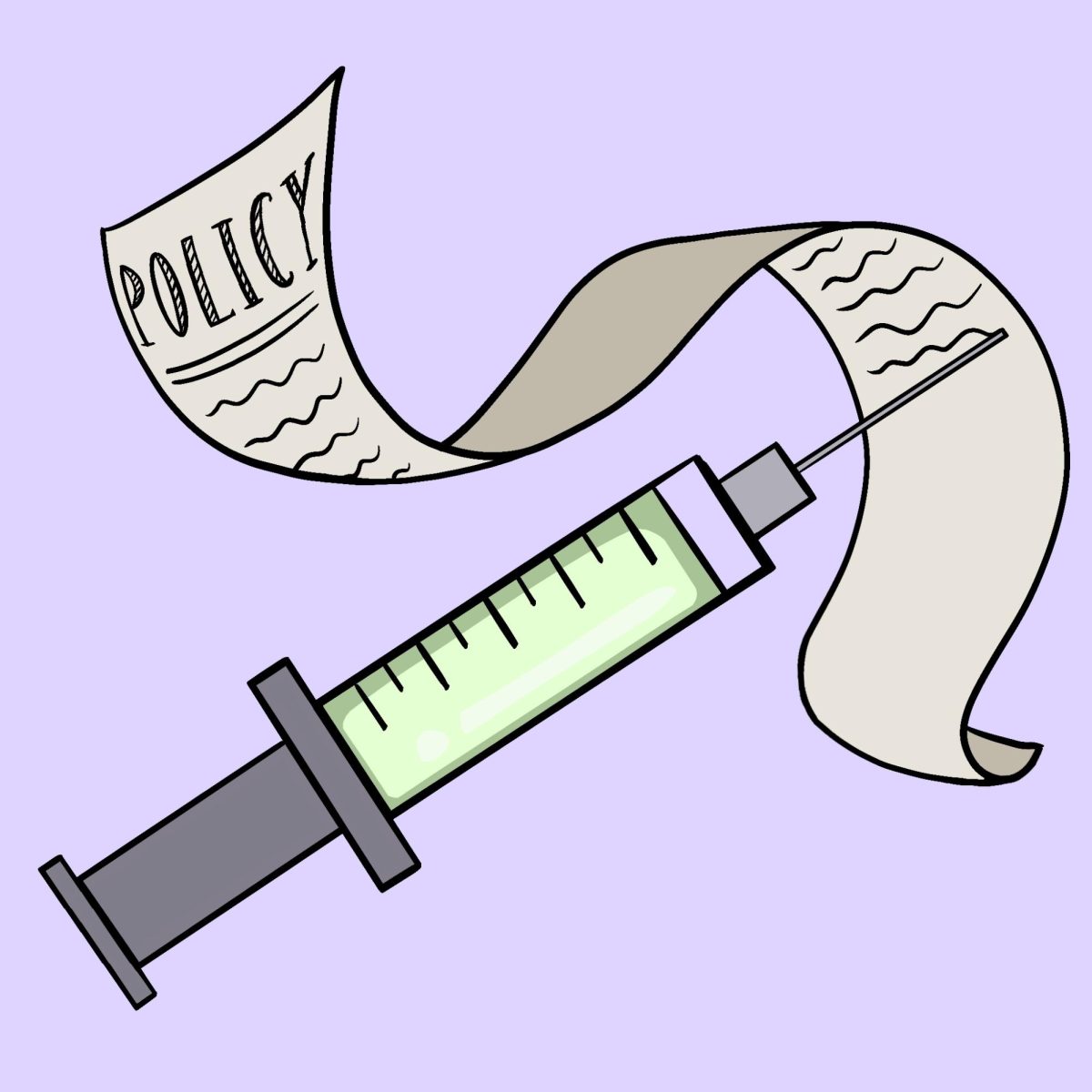As we mark the somber second anniversary of Russia’s full-scale invasion of Ukraine on February 24th, the world is still grappling with the aftermath of the conflict. The invasion, led by President Vladimir Putin, echoes past conflicts, notably military incursions occupying 20% of Georgia’s territory in 2008 and threats to North Atlantic Treaty Organization (NATO) states, and reveals a broader pattern of aggression by his regime, showcasing Putin’s willingness to employ force to punish the foreign policy choices of neighboring countries.
Russia’s attack on Ukraine in February 2022 stemmed from the 2014 annexation of Crimea, following protests against then-Ukrainian President Viktor Yanukovych’s rejection of the European Union (EU) ties in favor of Russia. Viewing the protests as a threat to Crimean stability, Russian forces seized the peninsula, conducting a controversial referendum for annexation. The international world condemned this act, with the United Nations (UN) General Assembly passing a resolution affirming Ukraine’s territorial integrity. Nonetheless, Russia proceeded with the annexation of Crimea, effectively incorporating it into the Russian Federation.
Russia’s early 2022 full-scale invasion, essentially a failed blitzkrieg (“lightning strike”), faltered as Ukrainian resilience proved greater than anticipated, leading to significant territorial losses for Russia and an estimated 380,000 military personnel casualties reported by Newsweek in January 2024. For Ukraine, UN News announced that civilian casualties have reached nearly 22,000, while 5.1 million people are internally displaced, 6.3 million have fled, and 17.6 million need humanitarian assistance.
Ukraine has garnered substantial support from the United States throughout the conflict, with over $75 billion in humanitarian, financial, and defense assistance according to the Council on Foreign Relations, which Russia perceives as unwarranted interference, issuing warnings of potential consequences in retaliation. But Ukraine’s leadership, knowing that public and political support from allied countries has started to gradually erode, is mindful of war fatigue. With Putin’s almost certain re-election planned in March of this year and his dangerous proclivities unchanged, Ukraine critically depends on its allies and partners. Despite bipartisan support from the US, a $60 billion defense assistance package has been under scrutiny in the Senate due to border security and Israel-related concerns.
In this light, the newly-received $54 billion aid package from the EU represents a significant commitment to Ukraine’s security and economic stability against external pressures from the war. The Associated Press writes that the aid package, which is not intended to fund arms and ammunition, aims to stabilize Ukraine’s economy and set the country up for future EU membership. This includes providing food, shelter, and medical aid to those displaced by the fighting, as well as supporting efforts to rebuild damaged infrastructure and restore essential services.
The second anniversary of Russia’s attack also highlights the heroic action of the Ukrainian people. Surveys show that Ukrainians are more united than ever in their choice of resistance and fight for freedom when subjected to tyranny and oppression by the aggressor. Stopping and reversing the occupation of territories by Russia is not only a national security priority for Ukraine, but also a duty of the free world to support democracies fighting for their freedom.














